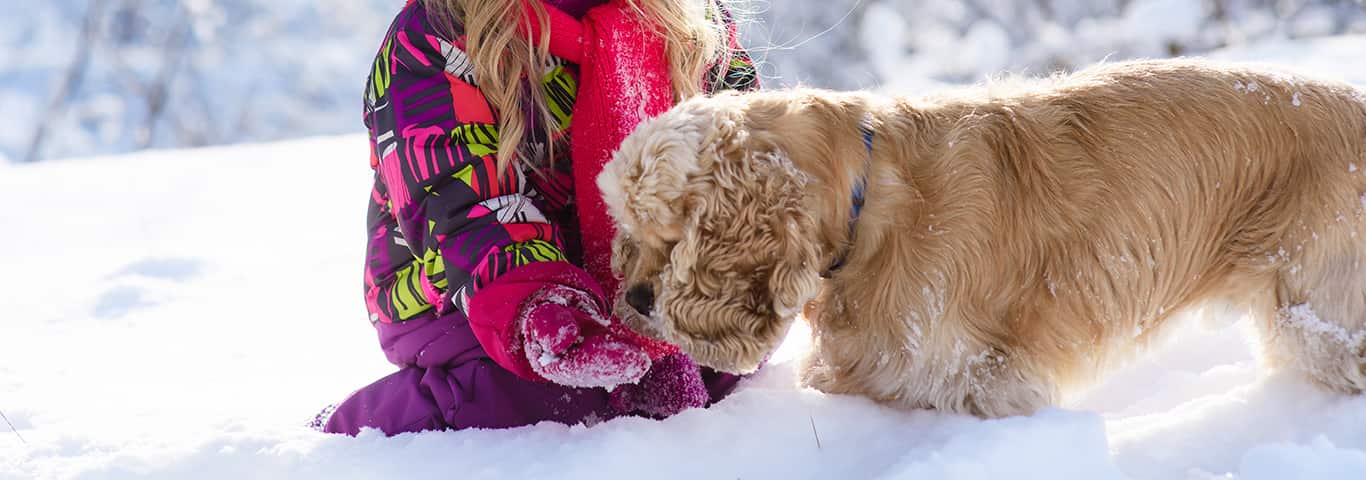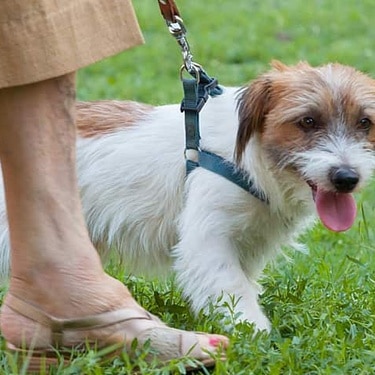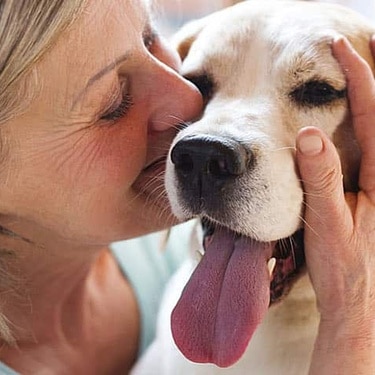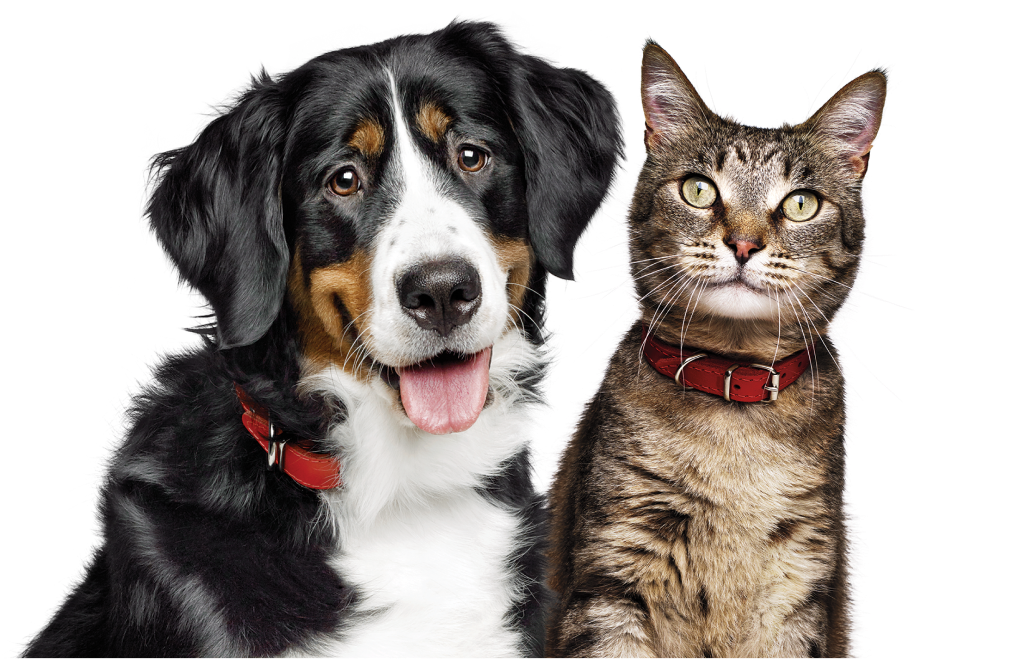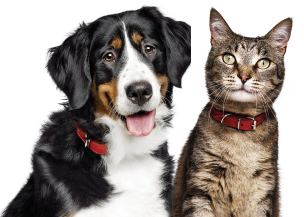About
The cocker spaniel has a round, graceful head and a broad, square muzzle. The ears are long and feathered, and the back slopes toward the tail, giving the dog a regal appearance. Perhaps most notable, however, is the cocker spaniel's long, silky coat with feathering not just on the ears but also on the legs, chest, and underside.Cocker spaniels can have a variety of colours. Some are solid black, red or tan. Others are bi-coloured or tri-coloured. Some of the mixes you might see are black and tan, black and white, or black and white with tan flecks. The AKC divides them into three varieties for show purposes: black, parti-colour and ASCOB (which stands for Any Solid Colour Other than Black).The life expectancy of the cocker spaniel is good, about 14 to 16 years.|
Personality
Cocker spaniels are known for being gentle, easy-going and affectionate yet lively. They are generally considered good with children. They tend to be non-aggressive toward other animals and people, but that also means they are not particularly good watchdogs.One note of caution is warranted. At one time, cocker spaniels became so popular they were overbred, which resulted in some highly strung dogs and dogs with health problems.When it comes to house-training and obedience training, reports are mixed. Some sources say that cocker spaniels rank average when it comes to ease of training. Others say these dogs are very obedient, but others say they can be stubborn, particularly about house-training.
What to Expect
Cocker spaniels enjoy attention, so this is a breed for people who like to lavish affection on their pets.They are average shedders. They do have an elaborate coat, which requires grooming at least a couple of hours weekly to keep it in good shape. Some professional trimming from time to time is needed. Avoid exercising cocker spaniels in places with burrs and thickets that can tangle the coat.Cocker spaniels can adapt to living just about anywhere, as long as they are given daily walks on a leash or are allowed to have play sessions in a fenced garden. Remember, they are primarily an active sporting breed.
History
The cocker spaniel, often referred to as the American cocker spaniel, descends from the English cocker spaniel. The name "cocker" comes from the woodcock, a game bird that these dogs efficiently flushed out for hunters.Cocker spaniels were introduced to the United States in the late 1800s and were still considered the same breed as the English cocker spaniel. American fanciers selected for smaller size, greater coat, and a rounder head; today, the cocker spaniel and the English cocker spaniel are considered separate breeds. The cocker spaniel is smaller than its English counterpart and is the smallest of sporting dogs.Although still considered a proficient hunter and a sporting breed, cocker spaniels are more often family pets. Their popularity soared after World War II. In 1984, cocker spaniels were the number one breed registered with the American Kennel Club.
Adopt a pet. Change a life.
Are you prepared to adopt a pet? Use these tools to make sure you are ready for the commitment.
Adopt a pet. Change a life.
Are you prepared to adopt a pet? Use these tools to make sure you are ready for the commitment.












